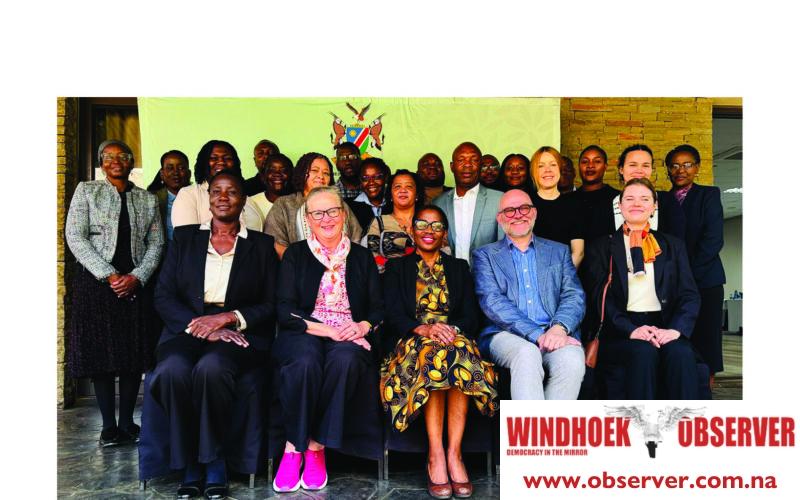Justicia Shipena
Namibia is preparing to sign a Memorandum of Understanding (MoU) with Finland to strengthen cooperation in water management.
The agreement will build on the work of the Finland–Namibia Twinning Project, which ended with a final workshop in Windhoek this week.
The three-year project, launched in 2023, supported Namibia’s accession to the United Nations Water Convention, formally known as the Convention on the Protection and Use of Transboundary Watercourses and International Lakes.
Namibia became a party to the convention on 8 June 2023, joining a global framework that promotes cooperation and sustainable management of shared water resources.
Speaking on behalf of the ministry of agriculture, fisheries, water and land reform, director of water resource management Maria Amakali said Namibia shares five of Southern Africa’s 15 transboundary river basins.
She stressed that these rivers are vital for the region’s economy, ecosystems, agriculture, and drinking water.
She noted that the Twinning initiative with Finland provided essential support during Namibia’s accession, strengthening institutional capacity, building technical expertise, and fostering cooperation across river basin organisations.
The collaboration included several exchanges. These were a kick-off workshop in Namibia in 2023, a water allocation workshop in Zambia, and a learning tour to Finland led by Namibian officials.
Amakali said these activities deepened knowledge exchange and reinforced governance structures.
“This workshop marks the journey of a thousand miles travelled together. The relationships built will continue beyond today,” she said.
On behalf of the Embassy of Finland, a statement was delivered for Chargé d’Affaires Sakarias Rantala. The message highlighted Finland’s long-standing role in global water cooperation, rooted in its “Finnish Water Way” strategy and its role as host of the UN Water Convention signed in Helsinki in 1992.
Finland reaffirmed its commitment to share expertise in water governance and technology with Namibia.
The final workshop also introduced tools such as the conflict analysis tool and the transboundary nexus analysis tool. These are designed to help countries understand the political, social, and environmental dynamics behind water tensions and support strategies for cooperation.
Both Namibia and Finland currently serve on the bureau of the water convention. The next meeting of the parties to the convention will be held in Senegal in 2027, the first time on African soil.
Officials said the end of the Twinning Project does not mark the end of cooperation but rather the beginning of a stronger partnership.




